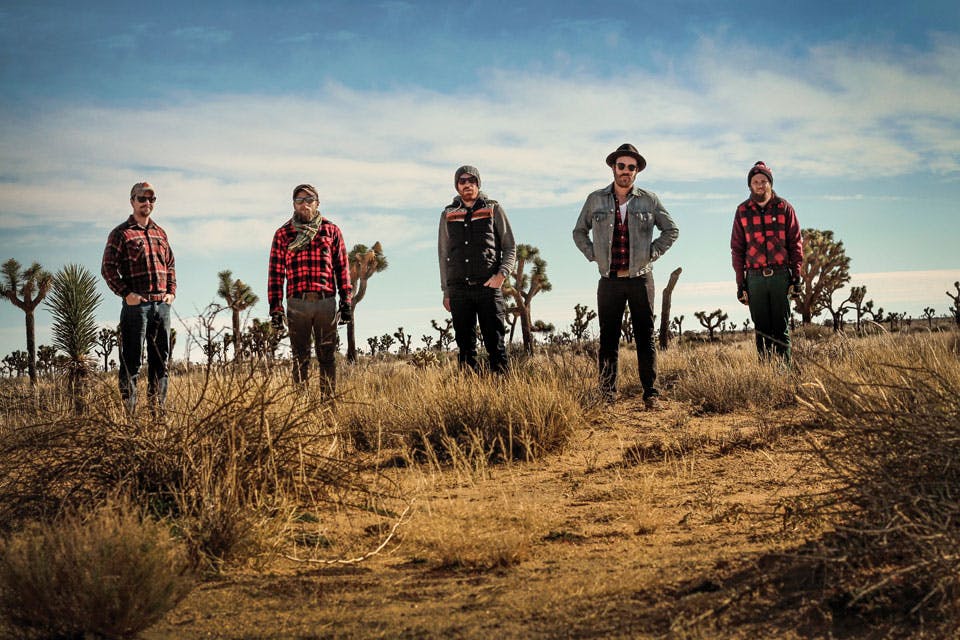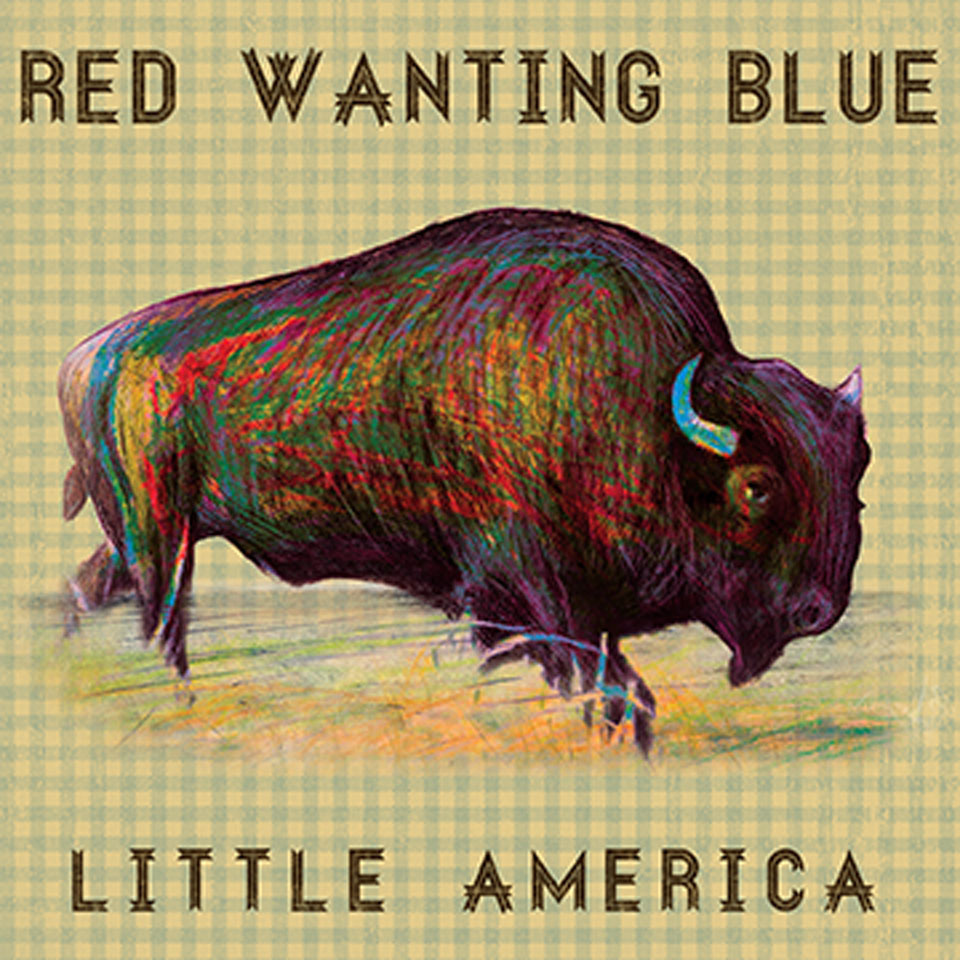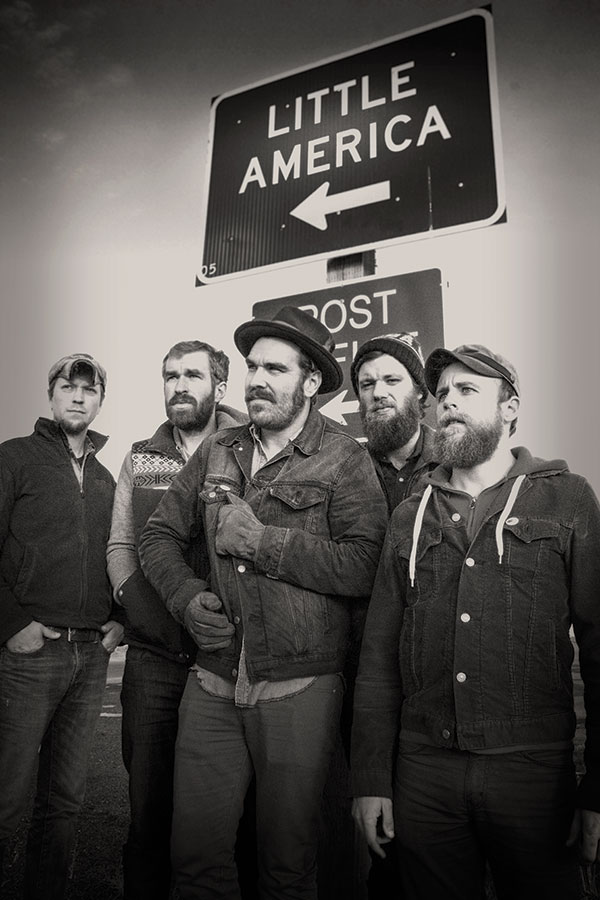Arts
Mile Markers
Columbus-based band Red Wanting Blue talks about the road, success and their album, “Little America.”
Related Articles
.jpg?sfvrsn=6b61b838_5&w=960&auto=compress%2cformat)
5 Unique Symphony Shows to See This Season
Orchestras take on pop, country, Broadway musicals and Hollywood scores at Ohio theaters and music halls between now and March 8. READ MORE >>

The Sweet Sounds of Gahanna’s Creekside Blues & Jazz Festival
Head to the Columbus suburb June 14 through 16 to check out this popular three-day music festival, now in its 25th year. READ MORE >>

Embrace Winter at Cleveland’s Outdoor Music Festival
Brite Winter began in 2010 as a way to bring northeast Ohioans out for live music and interesting art and has become a February tradition in the city. READ MORE >>





